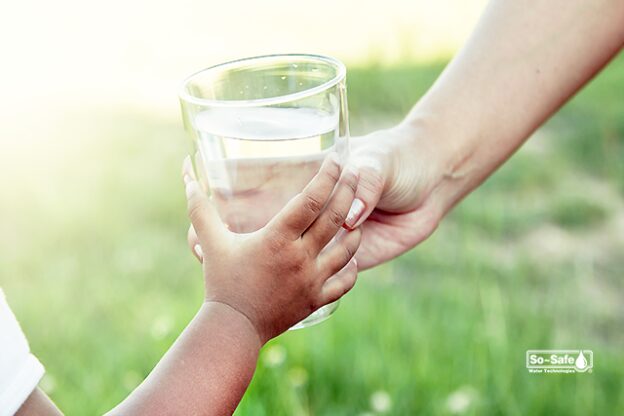Water treatment in the UAE is helping to keep the population hydrated!
The UAE has two primary sources of water; groundwater and desalinated seawater. Groundwater is commonly used for agricultural purposes while a good portion of the area’s drinking water is derived from the desalination of seawater. The UAE is also using treated waste water for about five percent of its population’s water use.
Why Water Treatment is Becoming More Popular in the UAE
As global temperature continues to rise along with its population, the demand for water simultaneously increases. Temperatures are especially high in the UAE and the area lacks an abundance of fresh water. As a result, water treatment is being implemented as a viable solution. Like many other countries, the UAE has resorted to the time consuming and expensive process of desalinating seawater. In 2010, Abu Dhabi had eight plants for seawater desalination. They are considered to be “joint ventures” between foreign businesses and government. Local authorities plan to reduce the burden on these primary water desalination plants with four solar powered pilot desalinated plants in Masdar City.
The trouble with the area’s groundwater is that about 90 percent of it is saline. In certain areas, this groundwater is upwards of eight times as saline as seawater. The area has two freshwater aquifers as well. All in all, about 300 million cubic meters of natural groundwater recharge occurs every year. About 550,000 cubic meters worth of waste water is produced in Abu Dhabi in a single day. This water is then sent to 20 specialised waste water treatment plants for cleansing through a special water purification system. However, the water is not considered to be safe enough to be used as drinking water in Dubai. Rather, it is reused in green spaces that desperately need moisture.
Waste water sanitation efforts will likely be ramped up as the UAE continues to become more parched. Unfortunately, local water and natural resources experts are quick to testify that plenty of treated waste water is either dumped or left unused. For a country ranked toward the top of the list in terms of water stress, such waste should not be tolerated.
Water is the “New Oil”
In a nutshell, water is becoming the scarcest commodity in the UAE, as well as the world. This is precisely why so many economists and political scientists are referring to it as the “new oil”. If efforts to treat seawater and waste water do not drastically improve in terms of cost and efficiency across the next few decades, it is quite possible that a number of geopolitical conflicts will arise. There is even concern that the lower quality of water in Dubai is responsible for hair fall commonly complained by its residents and some have even resorted to using mineral water to alleviate this phenomenon.
It is important to note that the UAE has one of the world’s highest water consumption rates. Currently, a great number of residents live a luxurious lifestyle that results in egregiously high levels of water consumption, general use, and waste. For the moment, the solution is to treat water in a variety of ways, to accommodate the high demand and usage for Dubai drinking water, instead of limiting consumption. Time will tell if this strategy is prudent.
So~Safe Water Technologies is Tackling the World’s Water Challenges
If you are interested in water purification equipment and/or making your own mineral water at home or in the office, check out So~Safe Water Technologies. So~Safe has been providing the UAE as well as residents of over 60 other countries with water solutions for over a decade.

 UAE
UAE  PK
PK